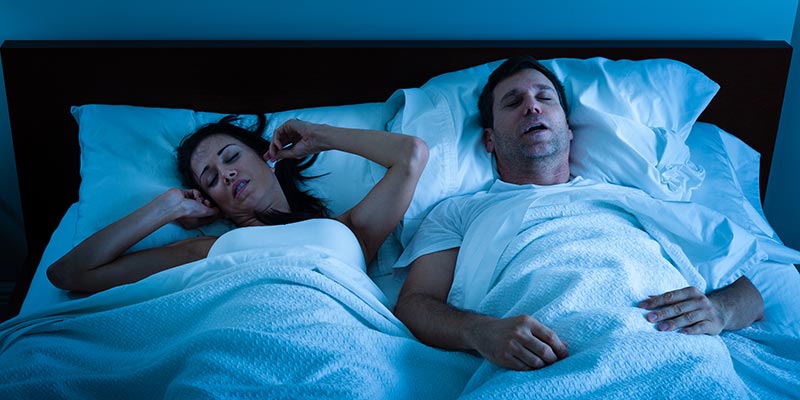Hypersomnia: Tired All The Time
Posted on June 27, 2013 by Dr. Erin Elliott
From Kevin Asp, Alaska Sleep Clinic Blog:
Hypersomnia Treatment Explained: How it Works and What to Expect
Hypersomnia is a sleep disorder in which someone is getting and/or needing more sleep than necessary. Symptoms include patients sleeping more than 10 hours a night, difficulty in rousing the sleeper even after a full night of sleep, excessive daytime sleepiness (EDS), and narcolepsy. Approximately 5 percent of Americans suffer from hypersomnia.
Fortunately, hypersomnia is a treatable condition. With the help of a sleep physician, a hypersomnia sufferer’s sleep needs can be restored to a preferable and non-excessive level, and the disruptive and possibly embarrassing daytime fatigue can be alleviated.
How Hypersomnia Treatment Works
- Treating hypersomnia might involve treating another sleep disorder that is causing the patient to sleep too much. For example, obstructive sleep apnea can lead to too much sleep and/or EDS, so OSA treatments such as a CPAP device might also lessen hypersomnia symptoms
- People suffering from depression commonly experience hypersomnia. That feeling of “I just don’t want to get out of bed” isn’t just a mood with someone with depression—it’s clinical. Treating the depression, whether with therapy, antidepressants, or both, often will help patients with their sleep and fatigue issues
- If prescription drugs are causing one to sleep too much, simply adjusting the dosage or switching medications can help. However, hypersomnia sufferers should consult their personal physician before making any changes to their drug regimen
- Assuming medicines aren’t causing the hypersomnia, other drugs might be prescribed. Medications such as Provigil and Xyrem may be prescribed to address the EDS, as well as stimulants such as Ritalin or Adderall. Prozac, normally an antidepressant, has also been prescribed to treat hypersomnia.
